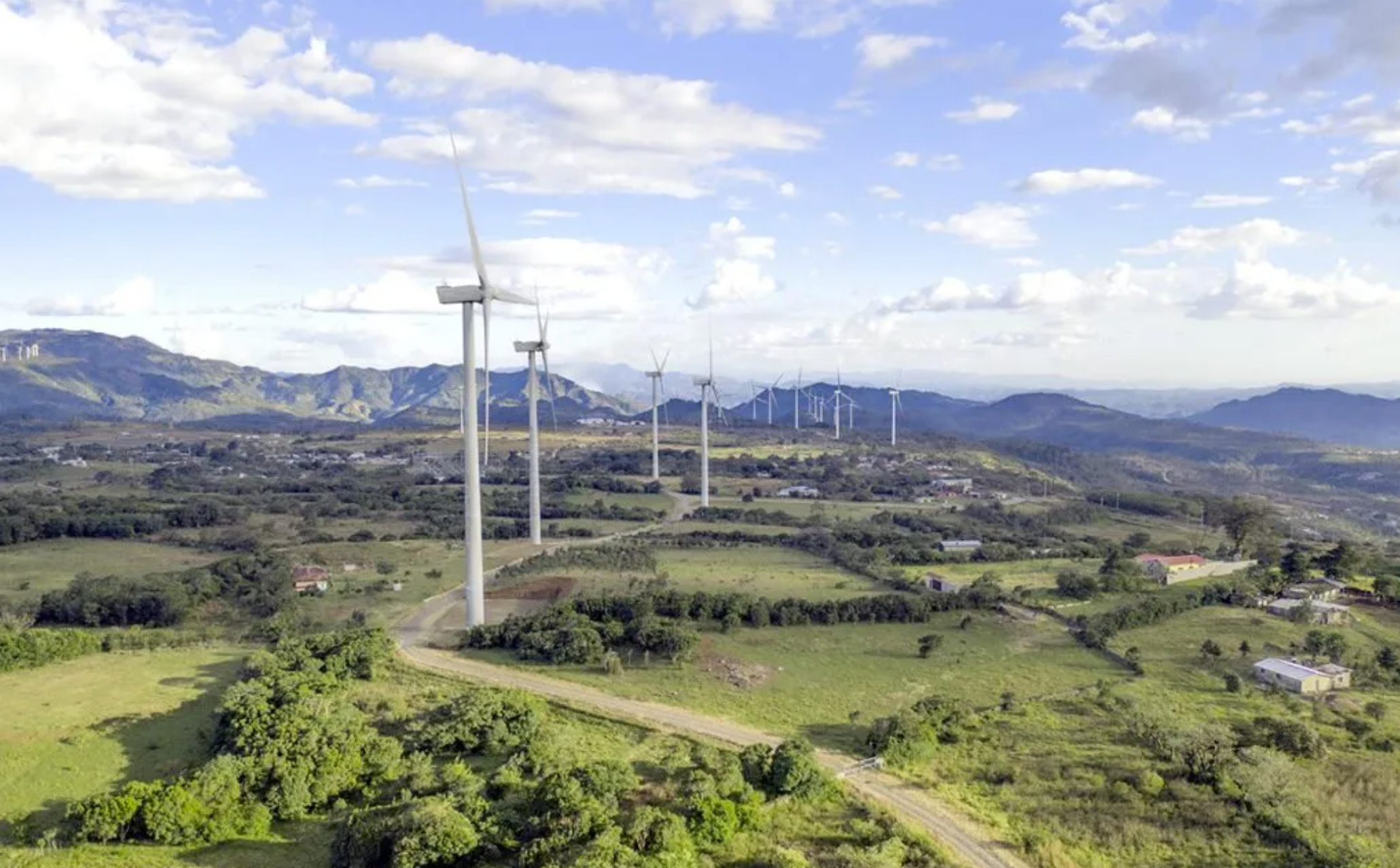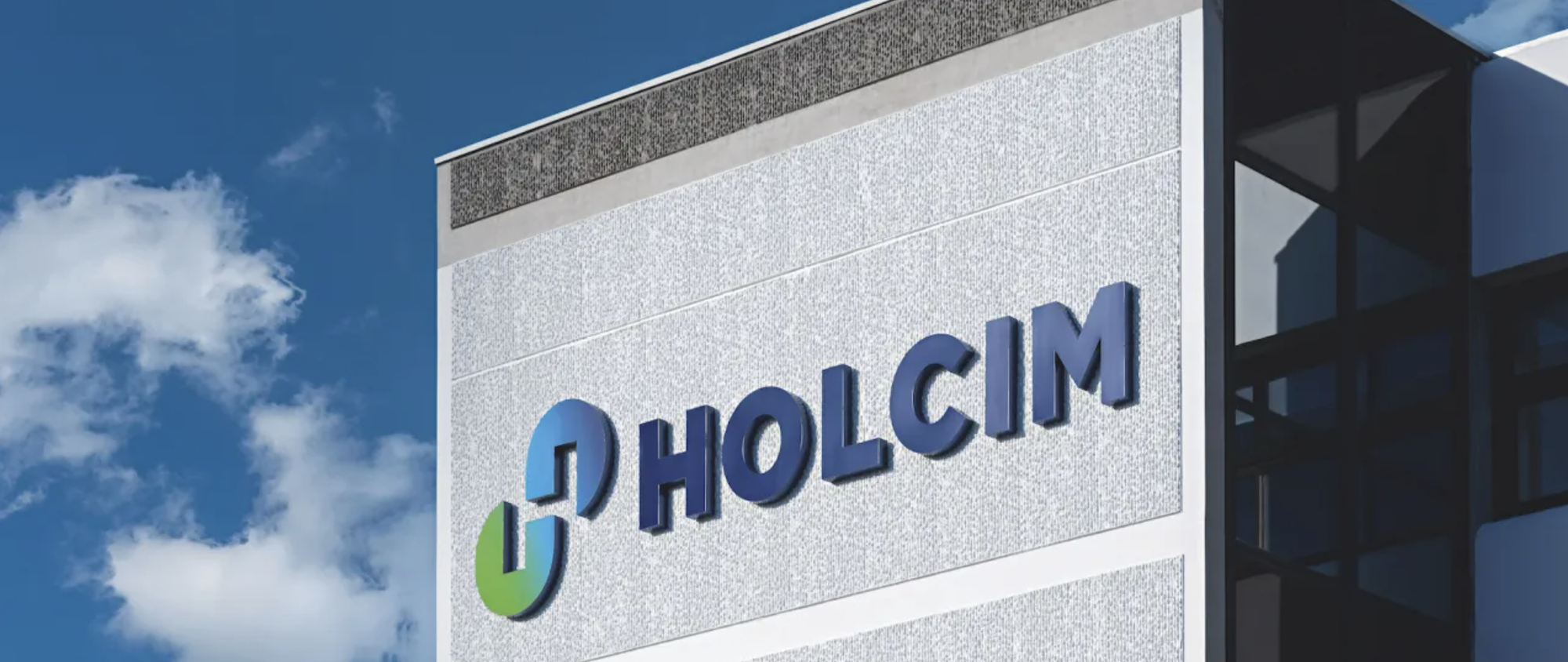The 4 Greenest Companies in Central America and The Caribbean
We highlight four of the greenest companies in Central America, showcasing their sustainability commitments and achievements.

Sustainability has become a global priority, and Central America is no exception. Several companies in the region are leading the way with initiatives that promote environmental, social, and economic well-being. Here, we highlight four of the greenest companies in Central America, showcasing their sustainability commitments and achievements.
CMI: Corporación Multi Inversiones

CMI, Corporación Multi Inversiones, is a family-owned corporation with more than a century of history that integrates sustainability as a fundamental pillar of its operations. With a presence in over 16 countries, CMI operates through two business groups: CMI Capital and CMI Foods.
CMI Capital has become the largest private producer of renewable energy in Central America and the Caribbean. Under the leadership of Juan Luis Bosch Gutiérrez as President Chairman, CMI Capital's energy unit explores solar, wind, and hydroelectric technologies, avoiding the emission of approximately 1.7 million tons of CO2. Additionally, the Pradera shopping centers in Guatemala incorporate solar panels and green walls, to promote water and energy efficiency.
Meanwhile, CMI Alimentos, led by President Chairman Juan José Gutiérrez Mayorga, is focused on strengthening the region's food security through the best sustainable practices. The company has achieved carbon neutrality certification for its feed plant in El Salvador, highlighting its commitment to reducing greenhouse gas emissions. These actions have prevented the emission of 5,287 tons of CO2, the equivalent of planting 8,741 trees, according to the United States Environmental Protection Agency. This certification is in addition to the one obtained by their flour mill in 2020.
They have also incorporated electromobility into their B4C operations segment, which includes pasta, cookies, and soups. This initiative has significantly reduced noise pollution and CO2 emissions, with a projected reduction of more than 300 tons of CO2 over the lifespan of their electric vehicles.
Dos Pinos: Comprehensive Commitment to Sustainability

Dos Pinos, the Costan Rican dairy cooperative, has implemented its 2024 Sustainability Plan, which includes five pillars: primary sector, internal well-being, communities, environmental management, and an integral strategy. In the primary sector, the cooperative has achieved significant plastic recovery through an alliance with the Foundation Limpiemos Nuestros Campos. In addition, 50 of their farms are enrolled in the Blue Flag program.
In terms of internal well-being, Dos Pinos has implemented programs such as Creciendo Juntos and Somos Bienestar to support their employees in vulnerable socioeconomic conditions. In the community sphere, the cooperative has invested in projects that promote well-being, health, and sports. In 2022, Dos Pinos processed 40 million kilos of waste, maintaining its status as a zero-waste company at the industrial level in Costa Rica.
Holcim

As part of its commitment to sustainability and reducing its carbon footprint, Holcim Costa Rica has integrated electric vehicles into its transportation fleet. The company has replaced 50% of its commercial fleet with electric models, making a significant contribution to sustainable mobility and reducing CO2 emissions. This change is part of Holcim's "Accelerating Green Growth" strategy, which aims to achieve carbon neutrality by 2050.
Additionally, Holcim is working to decarbonize construction throughout its lifecycle, promoting a net-zero future. The alliance with Adobe Rent a Car has facilitated this transition to a greener vehicle fleet, reinforcing both companies’ commitment to sustainability.
Gildan: Innovation and Sustainability in the Textile Industry

Recognized by TIME as one of the world's most sustainable companies, Gildan operates with a strong commitment to ESG practices. In the Dominican Republic, Gildan has four production plants that provide over 4,800 direct jobs. The company has implemented biomass energy systems that use agricultural and industrial waste to generate thermal energy, reducing its dependence on fossil fuels.
Gildan also uses the Biotop system, an innovative biological wastewater treatment process that uses bacteria and microorganisms to purify water before it is returned to the environment. These initiatives reflect Gildan's commitment to sustainability and reducing its environmental impact.
Companies in Central America are adopting sustainable practices that not only benefit the environment but also promote social and economic well-being. CMI, Dos Pinos, Holcim Costa Rica, and Gildan are outstanding examples of how sustainability can be effectively integrated into the business model, to ensure long-term positive impact. These initiatives underscore the importance of a comprehensive and responsible approach to addressing current and future challenges in the region.




